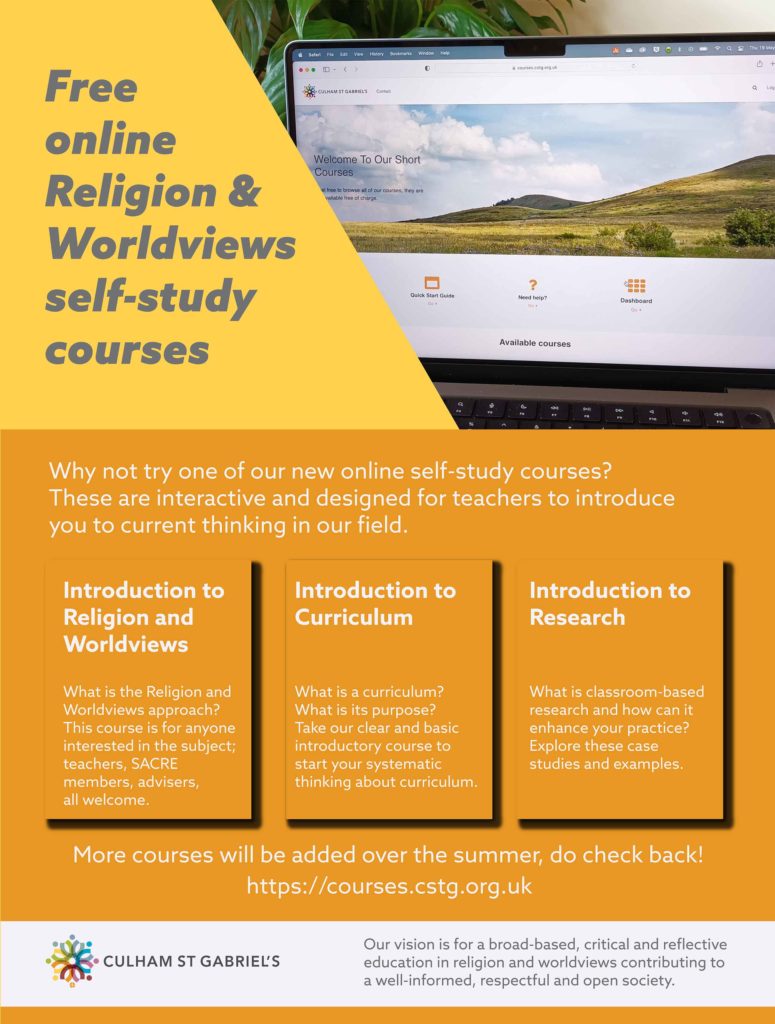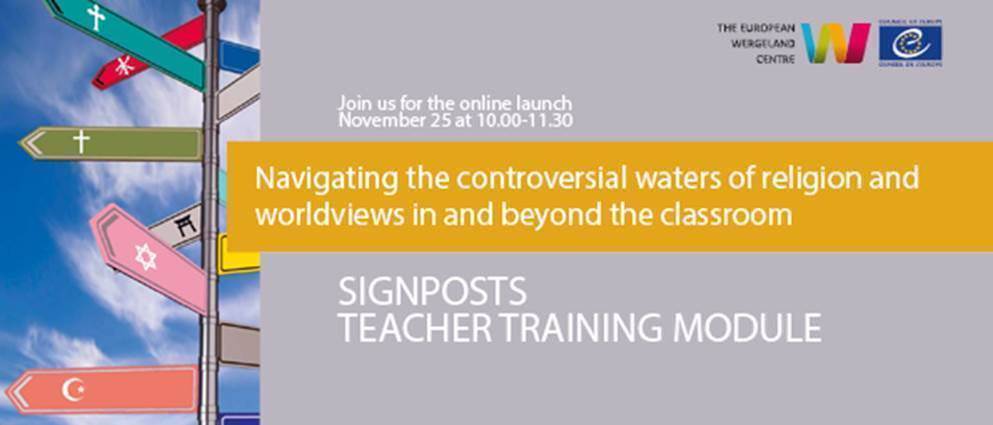Philosophy for/with Children and Communities: Researching through Communities of Enquiry
25th June 2022 Online
In this advanced Seminar we explore how the community of philosophical enquiry can be used as a research methodology. We invite Dr Rhiannon Love and Dr Mon Partovi to share with us their approach to research after which in whole group discussions, as well as in break out rooms, we will explore together the questions this raises.
Rhiannon Love: ‘Enabling dialogic, democratic research methods: Using a Community of Enquiry as a Qualitative Research Method’
Summary:
In this presentation I will share my experiences of using a Community of Enquiry as the principal research method for my doctorate. I propose that such an approach might appeal to researchers desiring to take an ethical and equitable research approach, which enables the participants and researcher to collectively and collaboratively generate data. In addition to sharing the benefits of using such a method, I will present some of the challenges and limitations that it can present, and how the researcher might mitigate them.
Biography:
Dr Rhiannon Love is a former secondary and primary school teacher. She has been working in Initial Teacher Education since 2013. She is currently a Senior Lecturer and Route Leader for the PGCE in Secondary Religious Education (RE) at the Institute for Education at the University of Winchester. She is the curriculum lead for the RE input and leads modules in Philosophy for Children (P4wC) on the undergraduate BA (Hons) Primary Education and postgraduate PGCE Primary and Secondary programmes. Rhiannon is also a Level One SAPERE trainer.
Mon Partovi: Using a Community of Enquiry as a Research Method at Schools and Out-of-school Settings
Summary
In this presentation, I will explain how I adopted the community of enquiry as my pedagogical approach when conducting research projects with Iranian children attending a primary school in Iran and also Iranian children attending a Persian supplementary school in London.
The community of enquiry method can be used both face-to-face and online. My own findings suggest that this approach provides a safe and non-judgmental space for children, helping transform the classroom into a ‘space of appearance’ where every child can be seen and heard.
Biography
Dr Mon Partovi completed her PhD in Education at the University of Warwick in 2015. She has since worked as a postdoctoral researcher on several research projects at the Warwick Centre for Education Studies, a Research Associate at the Faculty of Education of University of Cambridge, and a Research Assistant at the Royal Shakespeare Company’s Education Department.
In 2019, she joined National Resource Centre for Supplementary Education in London as a Quality Development Adviser. Since April 2022 she has been working as a Programme Manager at the YPF Trust in London, managing different funded projects by the John Lyons Charity. These projects are being delivered to community-led schools in London to raise their profile and their standards of teaching, learning and management.
Structure and timings of the seminar:
Proceedings on Saturday will open at 14.00 and close at 17.30. The afternoon will consist of a presentation and co-facilitated activities and discussions, including in smaller break-out groups, all part of the community of enquiry.
Saturday 25th June 2022: 14.00 – 17.30. Presentations, groups and enquiry
NB session timings based on London time.
Seminar proceedings are chaired and managed by Dr Joanna Haynes, Associate Professor in Education Studies at Plymouth University and Dr Patricia Hannam, Hampshire County Inspector/Adviser for RE, History and Philosophy.
Costs: There are no charges. We ask you to commit to attending the whole event.
Venue: This meeting will be held virtually via Zoom. To attend you will need a computer with internet access, microphone, speakers and camera.
To reserve your place and receive an invitation to join the seminar email Patricia Hannam by Wednesday 15th June 2022.

